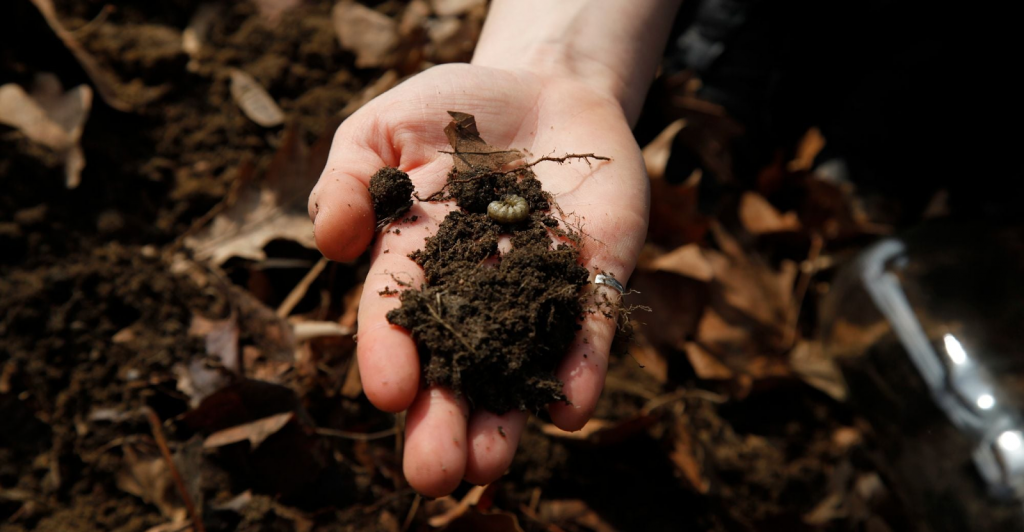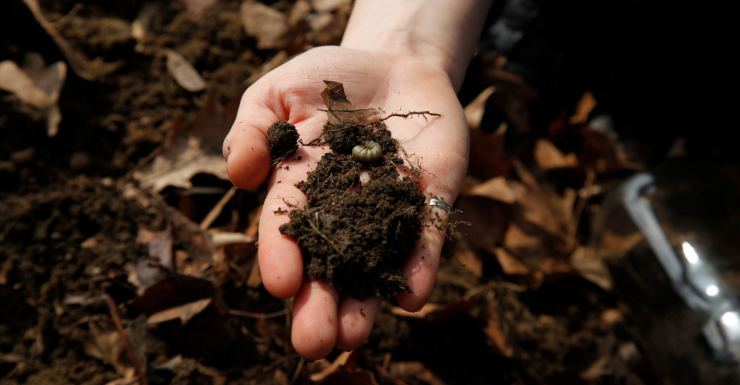Open Soil Atlas – An experience of community building in Berlin for the regeneration of urban soil
In March 2021, the Feld Food Forest community, in collaboration with Kulturlabor Trial&Error e.V. launched the Open Soil Atlas project to raise awareness about the soil and inspire a collective effort of soil mapping and soil regeneration. Using citizen science we want to build a community of soil conservationists for the health of our environment, our people, and our communities.
Open Soil Atlas wants to be an open-source co-learning centre for Berlin. Via an educational website, citizens become experts on soil quality and fertility and are empowered to improve soil quality. Workshops teach citizens how to make observations, test soil, interpret results and draw conclusions.
The Feld Food Forest soil care team has researched soil analysis and soil regeneration techniques. Now the question is: how can we share this knowledge about soil and permaculture.
The Feld Food Forest project was launched in September 2019. The idea of the Open Soil Atlas was germinated as a solution to some problems the Feld Food Forest was experiencing (lack of information about the soil in our area of interest) and the wish to get our hands dirty and start site analysis. Soil analysis is necessary to design a regenerative edible landscape.
The Feld Food Forest community has developed a framework for efficient cooperation, which ensures transparency, inclusiveness, and accountability. Co-creation techniques are inspired by sociocracy, an important system to improve collective action.

During the summer, citizen scientists have been collecting a wide set of data and information about the soil in the Berlin area. The high-resolution soil map and the related findings will support urban ecology initiatives in the dialogue with policymakers, city makers, and urban planners. Open Soil Atlas’s virtual co-learning center will provide reliable and easily accessible knowledge to allow citizen scientists, gardeners, and sustainability practitioners to understand the quality of the soil and, eventually, implement remediation techniques – engaging them in a co-learning and knowledge sharing process, building community and citizen engagement.

